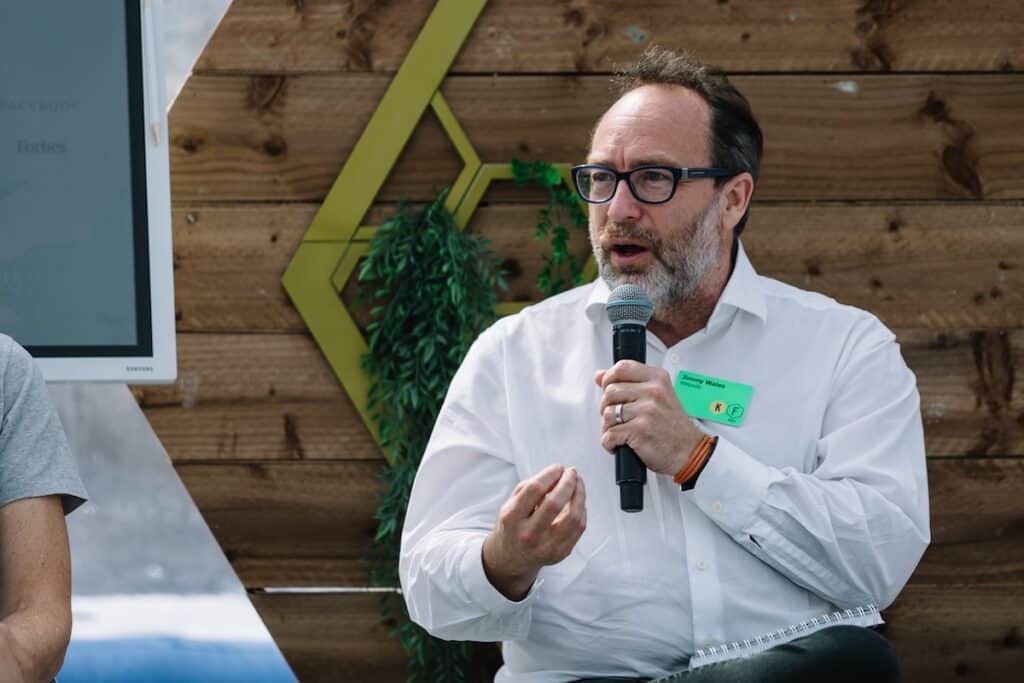Last updated on October 30, 2023
Bernhard Gademann, President of Institut auf dem Rosenberg, says the school’s AI-driven platform could change the education industry. Read more in our Future of EdTech report.
“In 30 years, AI will provide the majority of education around the world,” says Bernhard Gademann, President of Institut auf dem Rosenberg.
AI tools are so efficient and cheap that governments and traditional schools won’t be able to resist the temptation of outsourcing most of their learning, he says. At the same time, there’ll be a niche of luxury schools that will leverage AI, but still have lessons delivered by humans.
Institut auf dem Rosenberg falls in that camp. Established in 1889, the pioneering Swiss school is dedicated to providing a cutting-edge, holistic learning environment tailored for the responsible leaders of the 21st century.
At Rosenberg, a team of educators and professionals, which the school calls artisans, craft learning experiences for 230 students, representing 57 nationalities, with an average class size of 6-8 students. Plus, thanks to the school’s advanced edtech platform, each student follows their own unique timetable.
Why Banning AI is Wrong
AI won’t replace excellent teachers, Bernhard says, but it will replace less dedicated or motivated teachers. To stay relevant, schools must fundamentally change the way they teach to encourage debate and focus on problem solving.
“The traditional idea that a teacher should know the learning outcome of a course before it starts is over,” Bernhard explains. “Now, you need teachers and students to explore new topics together. As information is so readily available, asking the right questions is more important than giving the correct answers.”
The education industry’s first response to new AI technologies was defensive, with tools developed to detect AI content in essays.
“That time, money, and effort would be better invested into rethinking what should actually be taught. We need students and teachers to learn how to use these AI tools effectively.”
Rather than solely preparing students for standardised exams through rigid curricula, Rosenberg’s International Curriculum (RIC®) and the Humanix |X| ® qualification allows students to develop the latest in-demand skills. Rosenberg also encourages debate around AI so students learn about the importance of data sources and potential pitfalls.
Still, Bernhard notes, government policy on ethical usage standards for AI is missing. In response, Rosenberg recently brought its students together with a selection of AI experts to produce an AI charter that can be used as a foundation to govern the ethical use of AI around the world.
“We Have the Platform That Can Change Education”
Rosenberg’s proprietary technology platform uses AI to plan its entire school operations, automate workflows, and track student performance.
The platform gives educators a live view of what’s happening in the classroom, which allows them to assess students’ learning via different data sources – assessments, human inputs, and analytics generated by the system itself.
Educators then create individual development plans so they can optimise a student’s journey to their final goal, whether that’s university admission or a future career.
“We think it’s possible to track student progress without external exams,” Bernhard explains.
“What differentiates us from other edtech providers is that we have both the school and the tech. We release new updates to our platform each week and we constantly test and respond to feedback to keep learning relevant.”
Download our Future of EdTech report for more insights from top edtech founders. Plus, discover the 40 edtech startups to watch!
 All Posts
All Posts


